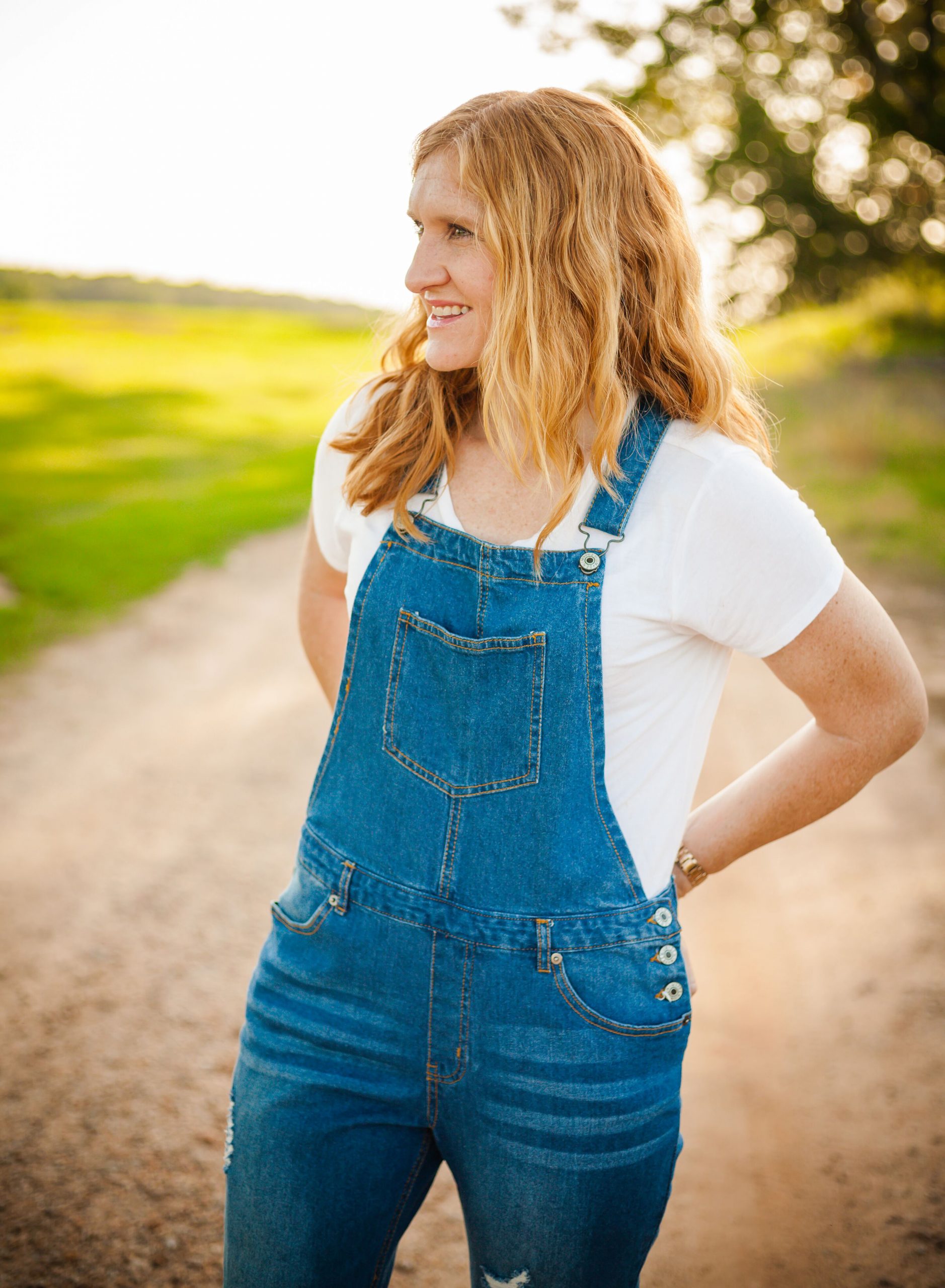By BRADLEY ROBERTSON
I went to visit my sister recently in Tennessee and upon wandering through her small book collection I found Night by Elie Wiesel. Having no idea who the author was, I quickly read the back of the book …
“Born in the town of Sighet, Transylvania, Elie Wiesel was a teenager when he and his family were taken from their home in 1944 to the Auschwitz concentration camp, and then to Buchenwald. Night is the terrifying record of Elie Wiesel’s memories of the death of his family, the death of his own innocence and his despair as a deeply observant Jew confronting the absolute evil of man.”
I’m not certain how many people would anticipate or eagerly read this book, but I opened it at once, reading the preface and forward. I took the book back home to Alabama and began as quick as I could.
{from page 18 of Night}
“…That evening our mother made us go to bed early. To conserve our strength, she said.
I was up at dawn. I wanted to have time to pray before leaving.
My father had risen before all of us, to seek information in town. He returned around eight o’clock. Good news: we were not leaving town today; we were only moving to the small ghetto. That is where we were to wait for the last transport. We would be the last to leave.
At nine o’clock, the previous Sunday’s scenes were repeated. Policemen wielding clubs were shouting:
“All Jews outside!”
We were ready. I went out first. I did not want to look at my parents’ faces. I did not want to break into tears. We remained sitting in the middle of the street, like the others two days earlier. The same hellish sun. The same thirst. Only there was no one left to bring us water.
I looked at my house in which I had spent years seeking my God, fasting to hasten the coming of the Messiah, imagining what my life would be like later. Yet I felt a sadness. My mind was empty.
“Get up! Roll Call!”
We stood. We were counted. We sat down. We got up again. Over and over. We waited impatiently to be taken away. What were they waiting for? Finally, the order came:
“Forward! March!”
My father was crying. It was the first time I saw him cry. I had never thought it possible. As for my mother, she was walking, her face a mask, without a word, deep in thought. I looked at my little sister, Tzipora, her blond hair neatly combed, her red coat over her arm: a little girl of seven…”
This was just the beginning of Elie’s story and what took place during those dreadful and dark days of 1944 and into 1945. We cannot even imagine his reality, but by reading Elie’s real-life story, we can sense something for just a moment. We can slip into the truth and the events of the story, not just as a foreign idea or mystery.
This event really happened, and though it was long ago and we were never there, we can begin to feel it.
In the case of Night, the details would steal my attention and when I would finally put the book down and step away from the story, I found myself more fully engaged with my own children, husband, friends and family.
I have wondered about this and have come to a conclusion, it is the deep story of a foreign human that opens my own heart to receive what is deep of others.
It is the sentimental details that allow me to feel and see very closely the meaningful details of those around me.
I have the same idea of Bible stories. I read the same ones over and over again because I don’t want to forget. I don’t want to forget the way that Jesus lived and touched people.
You see, we can get too ordinary with those in our daily walk of life that we forget there is still heart and soul. We see the same smiles, same attitudes, same behaviors, same frustrations and we somehow lose interest. Until something sparks us back into reality and reminds us to pay attention.
The things we easily take for granted, come back to the surface as a reminder of what matters. Life.
I don’t think it’s that we want to read about suffering and pain it’s that we don’t want to forget to feel.
Nothing is ever wasted, nothing, for anything can teach us something and feel us back into a state of compassion all over again.
Besides Night, I have a few other books to recommend to help us ‘feel’ our way back into one another.
We must not forget friends, that every human has a heart.
BOOKS: Tattoos on the Heart, by Greg Boyle. When Breathe becomes Air by Paul Kalanithi, Educated by Tara Westover, We March at Midnight: A War Memoir by Ray McPadden.

